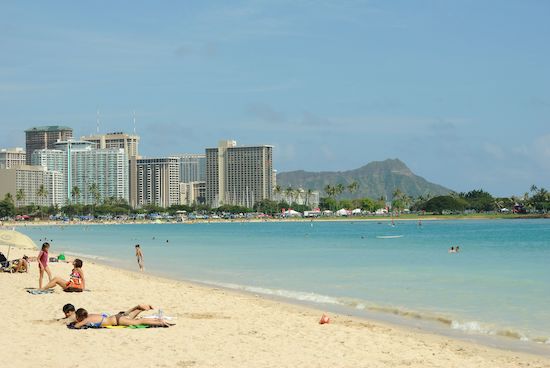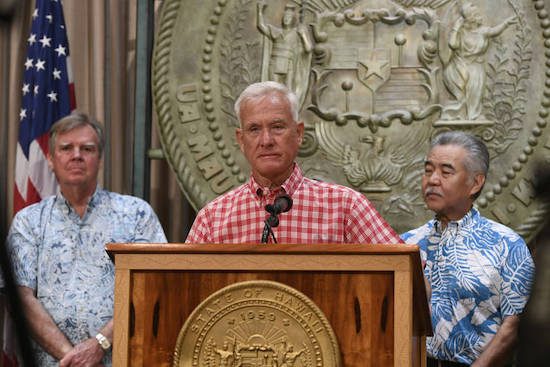
Pura Vida: A WCC Study Abroad Trip explores ecotourism in Costa Rica
A group of Windward Community College students spent their spring break exploring ecotourism in Costa Rica as part of Special Topics in Anthropology 296: Tourism and Conservation. The course looked at anthropological literature on ecotourism and Costa Rican culture to compare tourism in Hawai‘i and Costa Rica.
Students each went with a unique ethnographic project to research some aspect of Costa Rican tourism. One student compared the commercialization of the Costa Rican term “Pura Vida” (Pure Life) to the Hawaiian word “Aloha,” while another explored ecotourism signs in the different national parks.
Costa Rica is a unique country in that it is one of the most stable democracies in Latin America, having abolished its army in 1949 and investing in education and health care which has created a strong economy and well-developed middle class.
In the last 30 years, the country has shifted from an economy built primarily upon coffee, bananas and cattle exports to tourism. In order to preserve the volcanoes, cloud forests and unique coastal ecosystems that make Costa Rica a prime ecotourism destination, over 25 percent of the country is designated as national parks or private nature preserves. This level of conservation has made it a leader in ecotourism development worldwide.
Our anthropology class visited Arenal Volcano and Manuel Antonio National Parks, some of the earliest and most well-established national parks in the country. The town of La Fortuna near Arenal Volcano National Park is unique in that most of the hotels and ecotourism businesses are locally owned, keeping the benefits of tourism in the community.
These businesses have formed an association that funds numerous development projects in the town, creating a unique form of local governance and community involvement.
Here we visited the Arenal Volcano Observatory, went rafting in a nearby Rio Balsa and visited some of the numerous hot springs that surround the volcano.
In Manuel Antonio National Park, we experienced the coastal rainforests that are home to crab-eating raccoons, white-tailed deer, iguanas and several species of monkeys. It is a rare example of coastal rainforests that are increasingly isolated as palm oil plantations and urbanization have expanded in the region. Here we went ziplining and hiking in the national park. These experiences helped us see the similarities and differences of tourism in different parts of the world.
Throughout the trip, students ate a lot of the local staples of beans, rice and cooked plantains. We stayed in hostels, meeting other travelers from around the world and from Costa Rica. Traveling in a developing country meant dealing with crazy roads, spotty internet, cold showers (or no showers when water was turned off for the better part of two days) and a variety of other adventures.
We also met many Costa Ricans who generously helped to change flat tires, gave us directions when we were lost and shared their local knowledge and culture with us. These locals shared with us the term and concept of “pura vida” that expresses a full, happy life that Costa Ricans enjoy.
by Christian Palmer





